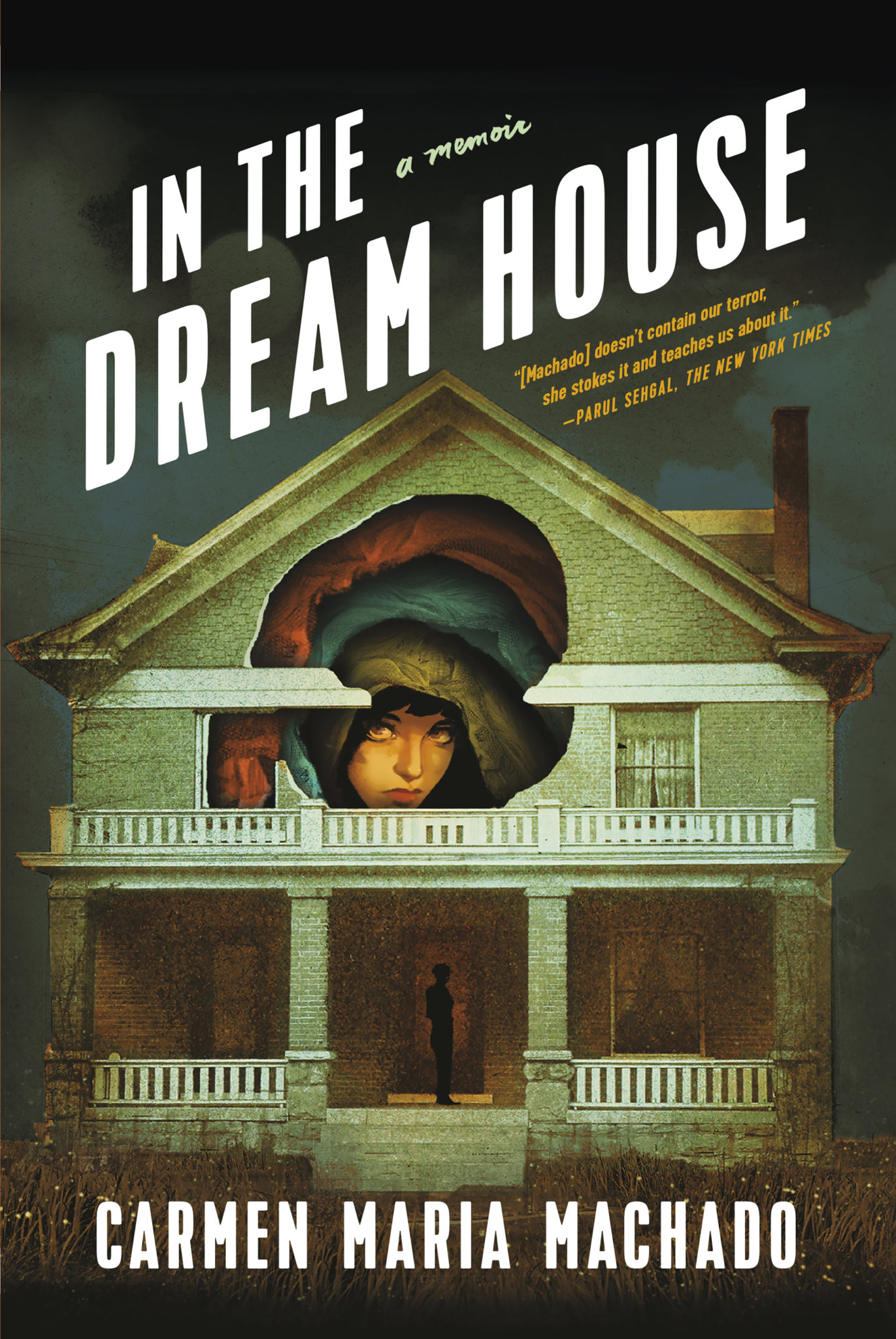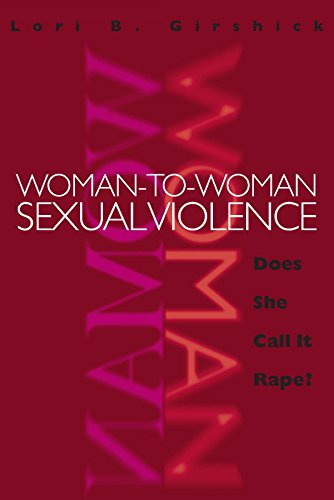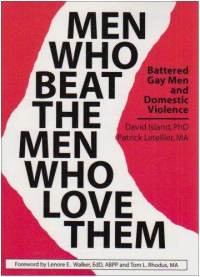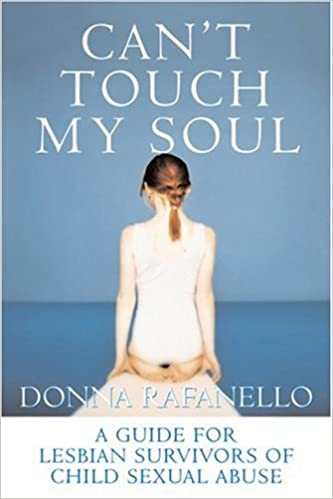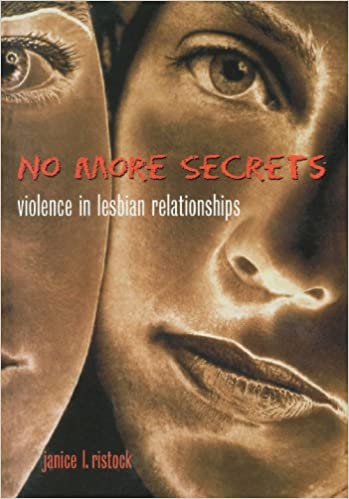Recommended Reading: Abuse Against LGBTQ People
Anyone can be a victim of abuse, regardless of sexual orientation and gender identity. Domestic violence happens in same-gender relationships just like it happens in heterosexual relationships. In fact, studies suggest that LGBTQ people are more likely to be victims of violence and abuse. If you’re interested in learning more about domestic and sexual violence against LGBTQ people, check out Palomar’s recommended reads below.
In the Dream House
Carmen Maria Machado
In the Dream House is Carmen Maria Machado’s engrossing and wildly innovative account of a relationship gone bad, and a bold dissection of the mechanisms and cultural representations of psychological abuse. Tracing the full arc of a harrowing relationship with a charismatic but volatile woman, Machado struggles to make sense of how what happened to her shaped the person she was becoming.
Woman-to-Woman Sexual Violence: Does She Call it Rape?
Lori B. Girshick
This provocative book offers much-needed insights on a subject rarely discussed in the literature on domestic violence, and it does so with compassion. Above all, it recommends how agencies can best provide services, outreach, and treatment to survivors of woman-to-woman rape and lesbian battering, using suggestions by the survivors themselves.
Men Who Beat the Men Who Love Them
David Island
Domestic violence in gay male relationships is the third largest health problem for gay men in America today. Men Who Beat the Men Who Love Them breaks the silence surrounding gay male domestic violence and exposes this hidden yet prevalent and destructive problem. The authors paint a vivid picture of gay men’s domestic violence, bringing its brutality to life by including personal narratives, written by one of the authors, by clearly defining what it is and what it is not through lists of violent acts and criminal code categories, and by thoroughly examining and analyzing the criminal, mental health, medical, political, and interpersonal issues involved. The authors boldly depart from the battered women’s literature by asserting that batterers have a diagnosable mental disorder, that battering is not gender based, and that much further criminalization of domestic violence is necessary.
Can't Touch My Soul: A Guide for Lesbian Survivors of Child Sexual Abuse
Donna Rafanello
This groundbreaking study of lesbian survivors of childhood sexual abuse addresses the endemic feelings of horrible isolation and shame experienced by survivors through the words of 60 women who shared with Rafanello their inspiring stories of recovery. In addition, Rafanello includes up-to-date research and information on post–traumatic stress disorder and healing therapies; hard-to-find specific resources for lesbian survivors and those who help them; and detailed appendixes and resource guides. A systematic guide to recovery, from the earliest stages of remembering to overcoming the coping and defense mechanisms children adapt to survive.
No More Secrets: Violence in Lesbian Relationships
Janice Ristock
Violence is a male biological trait. When women fight, no one gets seriously hurt. Lesbians don’t abuse their spouses. The truth revealed in Janice Ristock’s groundbreaking book is that lesbian relationships sometimes do turn violent. Based on interviews with more than one hundred lesbians who have suffered abuse and seventy-five case workers, No More Secrets is the first in-depth account of this startling phenomenon. Although one in four gay and lesbian couples are affected by domestic violence, the problem has remained hidden for several reasons. By giving voice to the victims, Ristock helps women to address violence by breaking silences, sharing secrets, and naming the forms of abuse.


